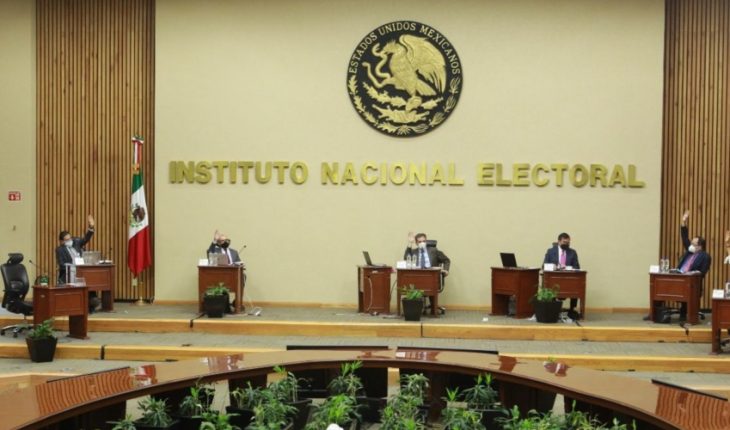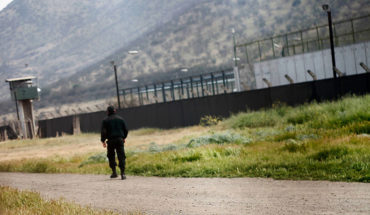The National Electoral Institute (INE) accused tax and financial authorities of delaying required information on auditing.
In submitting the State Report keeping requests for information to the Tax and Financial Authorities, the INE detailed that in the 2021 period, a thousand 381 information requirements have been made to different authorities in the country.
Councillor Adriana Favela detailed that in the case of the National Banking and Securities Commission, out of a total of one thousand 88 applications, 68% have been slow to respond on average more than 31 days.
Read: FIRST AMLO report in 2021 was propaganda in election time: TEPJF; it’s just information, he replies
“The oldest being a request that has 125 days of dilation and this is quite serious if we remember that the law tells us that it is only five days to answer,” Favela said.
While in the case of the Tax Administration Service, of the 181 requirements, 26 have more than 36 days without being served, a figure that equals 14%. The longest-delayed request also records a 125-day delay.
On the opposite side, he mentioned that the Financial Intelligence Unit of the Ministry of Finance “has given attention within the legal period to the 88 requirements made by the National Electoral Institute”.
And that the Secretariat of the Economy “argued that it could not meet the requests submitted by the Institute because they exceeded its technical and human capabilities”.
The counsellor noted that the lag in the responses by the tax and financial units makes the inE’s audit activity difficult.
They call for collaboration from dependencies
According to Councillor Favela, some of the units even asked the INE for an explanation to provide the required information, as in the case of the SAT.
“It is noteless that this unit requested the INE to justify the reasons for providing it with information regarding eight requirements made by the Technical Control Unit,” Favela said.
In response, the chairwoman of the INE Audit Committee called for strengthening ties with the institutions and thus having an early solution to all applications.
You may be interested: Pandemic Campaigns: How Parties Spend on Networks, Their Possible ‘Traps’ and the Challenge of Auditing
For her part, Councillor Claudia Zavala referred that the INE “has short deadlines to carry out the audit that she has as a responsibility, so it is required to collaborate with the different institutions of the State that have elements that allow to realize that activity”.
Another of the counselors, Carla Humphrey, joined the call and said that the delivery of information related to the electoral process “contributes to the audit and transparency” of the elections.
It added that only in this way can the INE fulfil its auditing role for all political parties, thus ensuring fairness in the electoral contest.
Candidates and parties must be held accountable
On another issue, the INE reported that within a week of the elections concluded, 19% of candidates seeking a popular election position “have not met the obligation to report their income and expenses in the Comprehensive Control System.”
Of the 27,648 nominations, “5,000,230 have not registered a single movement,” said councillor Ciro Murayama.
The councillor called on national, local political parties, coalitions and independent candidacies to correct this situation and join in transparency and accountability.
Below is the table showing the parties and candidates who have not recorded their expenses and income.
Comprehensive Control System (SIF)
What we do at Animal Politics requires professional journalists, teamwork, dialogue with readers and something very important: independence. You can help us keep going. Be part of the team.
Subscribe to Political Animal, receive benefits and support free journalism #YoSoyAnimal.





